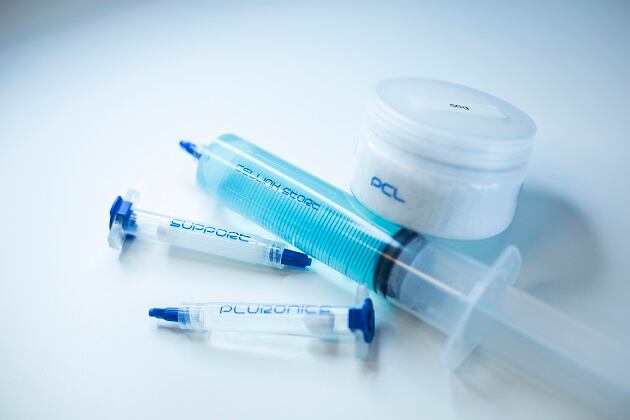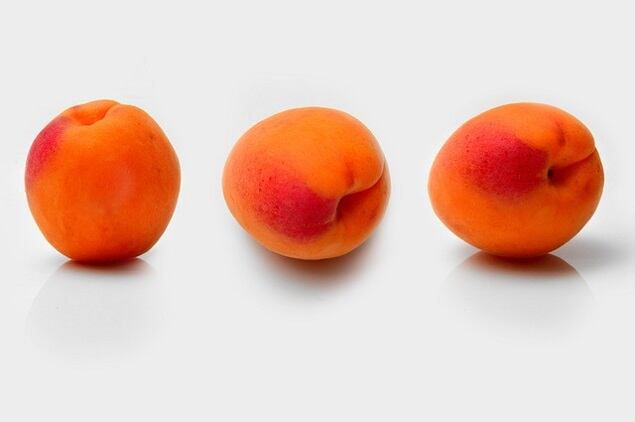Biotechnology (using designer microbes at industrial scale) has been a method of cosmetics and personal care ingredient production for over a decade. And the promise of biotech production is often cleaner, more sustainable, and more efficacious beauty ingredients when compared to those sourced from petrochemicals and when compared to those sourced directly from cultivated or wild plant and animal sources too.
Here Cosmetics Design looks back at recent biotech beauty news to better understand if and how new biotech ingredients make sense in the natural beauty and / or green beauty context.
Biological factories
Biotech ingredients are made by microbes, often bacteria or yeast or algae that have undergone DNA editing so that their metabolic process will result in a commercially viable molecule. Once a sample of the microorganism is acquired and edited, ingredient makers typically keep and propagate the edited microbes in a library of sorts so there is no need to replenish from any outside source.
Natural meaning
Natural and sustainable are commonly used terms in cosmetics, personal care, and fragrance marketing. And, there are numerous certifications available to ingredient makers and beauty brands to demonstrate those credentials. But there is no universally accepted definition of either ‘natural’ or ‘sustainable’.
Though thanks to the Natural Cosmetics Act, introduced as a bill this month in the US House of Representatives, products made and sold in the United States may soon be subject to new regulations regarding their ‘naturalness’.
The Natural Cosmetics Act would put the onus of testing and demonstrating an ingredient’s naturalness on suppliers, as Cosmetics Design reported: “To maintain accountability the bill requires suppliers to conduct Carbon-14 testing which they must submit to manufacturers.” Such testing would presumably be used to determine if any petroleum-sourced adulterants are present in an ingredient.
Biotech beauty ingredient launches
At in-cosmetics North America in New York City, just last month, Mibelle biochemistry launched a new skin care ingredient called IceAwake. The ingredient, which promises to remedy sleep-deprived skin, is made by bacteria found in soil previously frozen under glacial ice in the Swiss Alps. The INCI designation for the constituent molecules in IceAwake is Succinic Acid, Maltodextrin, and Water.
Also last month Givaudan announced Amborfix, a version of Ambrox or Ambroxide, made by fermenting cane sugar. In fermentation, yeast are the microorganisms of production. And Givaudan explains that the new fragrance molecule is 100% naturally derived and biodegradable, as Cosmetics Design reported.
The company also boasts that Ambrofix “requires a hundred times less land to produce one kilogram of the new ingredient as compared to the traditional production method,” according to a media release about the new ingredient. This is particularly interesting because even in natural and green discussions of biotech beauty and fragrance ingredients, the environmental impact of biotech inputs (what’s required to care for and feed the microbes) and waste streams are rarely discussed in any detail.
Another biotech beauty ingredient maker to launch new inputs in recent years, Geltor, is also starting to talk about the waste steams of its animal-free protein production. At a Sparks & Honey culture briefing in New York City this past September, Geltor co-founder Alex Lorestani fielded a question about waste generated by the company’s biotech production process, replying, “there is an opportunity to create a truly circular process with some biotech solutions,” but that the processes that Geltor currently uses do create salt waste and “a mass of microbes that can either be recycled or sterilized and disposed of.”
Geltor makes collagen with biotech. One of the company’s products HumaColl21, a human-identical collagen protein, is already being used in skin care made by AHC. And the company recently signed a deal with Connell to distribute its Halal collagens in the Asia-Pacific. Learn more about HumaColl21 in this Cosmetics Design video interview with Lorestani.
The list of biotech beauty and fragrance ingredient launches goes on to include Genomatica’s butylene glycol; Amyris’ squalane; lactones from Conagen and rose notes from Robertet and Gingobioworks; and there are projects underway to convert CO2 emissions into personal care ingredients using biotech.
All of the biotech beauty ingredients mentioned here contain carbon and the production of each ostensibly has a lower impact on the natural environment than production or sourcing of bioidentical or otherwise similar ingredients. And, by this measure biotech is indeed supplying the market with more natural and more sustainable cosmetics and personal care ingredients.
---

Deanna Utroske, CosmeticsDesign.com Editor, covers beauty business news in the Americas region and publishes the weekly Indie Beauty Profile column, showcasing the inspiring work of entrepreneurs and innovative brands.




